The first recorded mosquitoes
For the first time in history, mosquitoes have been found living in Iceland. The country was long thought to be one of the last places on Earth without mosquitoes.
Scientists have confirmed that three adult mosquitoes were found north of Reykjavik, marking an important ecological milestone that experts say is directly linked to global warming.
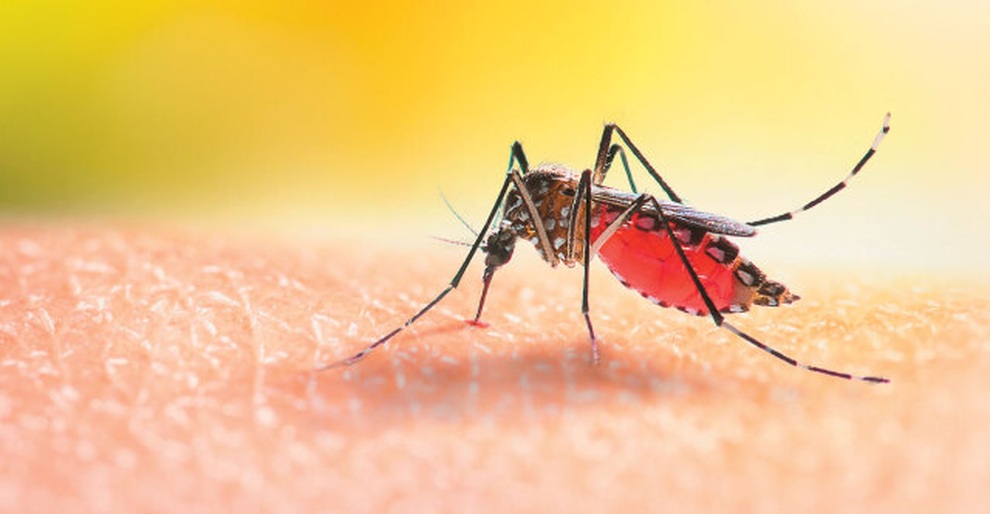
Entomologists from the Icelandic Institute of Natural History confirmed that two female mosquitoes and one male were collected, appearing in an area about 30km north of Reykjavik.
The specimens were trapped in outdoor devices as part of an ongoing environmental monitoring program. Laboratory analysis later confirmed that the mosquitoes were mosquitoes and that they had not been introduced accidentally. This means that this is the first documented case of mosquitoes breeding naturally in Iceland.
Until now, Iceland’s harsh weather conditions have prevented mosquitoes from surviving long enough to complete their life cycle. The combination of cold temperatures, short summers and past frosts meant the larvae were unable to mature before freezing.
Is Iceland no longer a mosquito-free country?
While most countries face mosquito problems in the summer, Iceland used to be a rare land completely free of these insects.
That special thing makes many scientists curious and they have conducted many studies to explain this unique phenomenon.
Unlike neighboring countries such as Norway, Scotland or Greenland, where mosquitoes thrive in the warm season, Iceland does not record any naturally occurring mosquito populations.
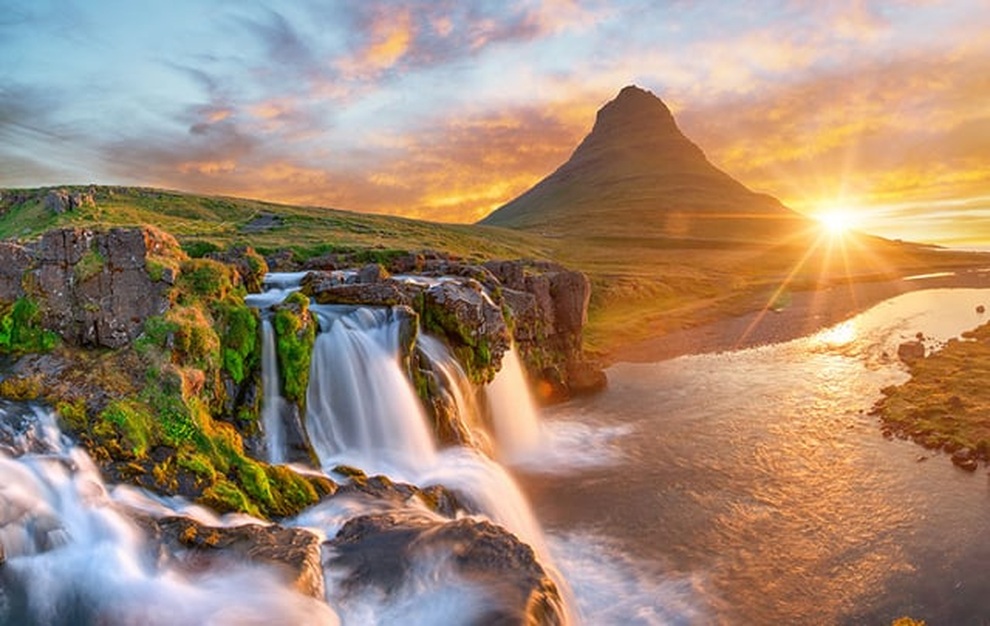
According to Live Science , there are several natural factors that contribute to making Iceland an unsuitable habitat for mosquitoes.
First of all, its unique geographical location. Iceland is isolated in the middle of the North Atlantic, surrounded by cold ocean and far from the usual sources of mosquito breeding. This distance is a major barrier, making it difficult for mosquitoes to migrate or be naturally introduced.
However, the decisive factor lies in the climate and the characteristic temperature fluctuations here.
The mosquito life cycle requires a steady water cycle for eggs to hatch, larvae to develop and mature.
Meanwhile, Iceland’s winters are long, and spring and autumn are marked by repeated freezes and thaws, which completely disrupt mosquito development. Eggs and larvae don’t have enough time to mature, cutting off their life cycle.
Even the geothermal pools in Iceland, which don’t freeze in the winter, are inhospitable to mosquitoes. The high temperatures and unique chemical composition of the pools make it impossible for eggs and larvae to survive.
However, a recent discovery shows that warming temperatures are allowing insects and parasites to expand their range into areas where they could not survive before.
Thus, the appearance of mosquitoes in Iceland - a country that once prided itself on being "insect-free" - shows that no place in the world is completely immune to the effects of climate change.
Researchers plan to monitor the breeding sites over the coming winter months to determine whether mosquito larvae can survive Iceland's sub-zero conditions.
If it survives, it would confirm that the insect has established a sustainable population, a striking sign that climate change is reshaping ecosystems, even in the coldest places on earth.
Source: https://dantri.com.vn/du-lich/lan-dau-phat-hien-3-con-muoi-o-quoc-gia-duy-nhat-the-gioi-khong-co-muoi-20251022145755708.htm


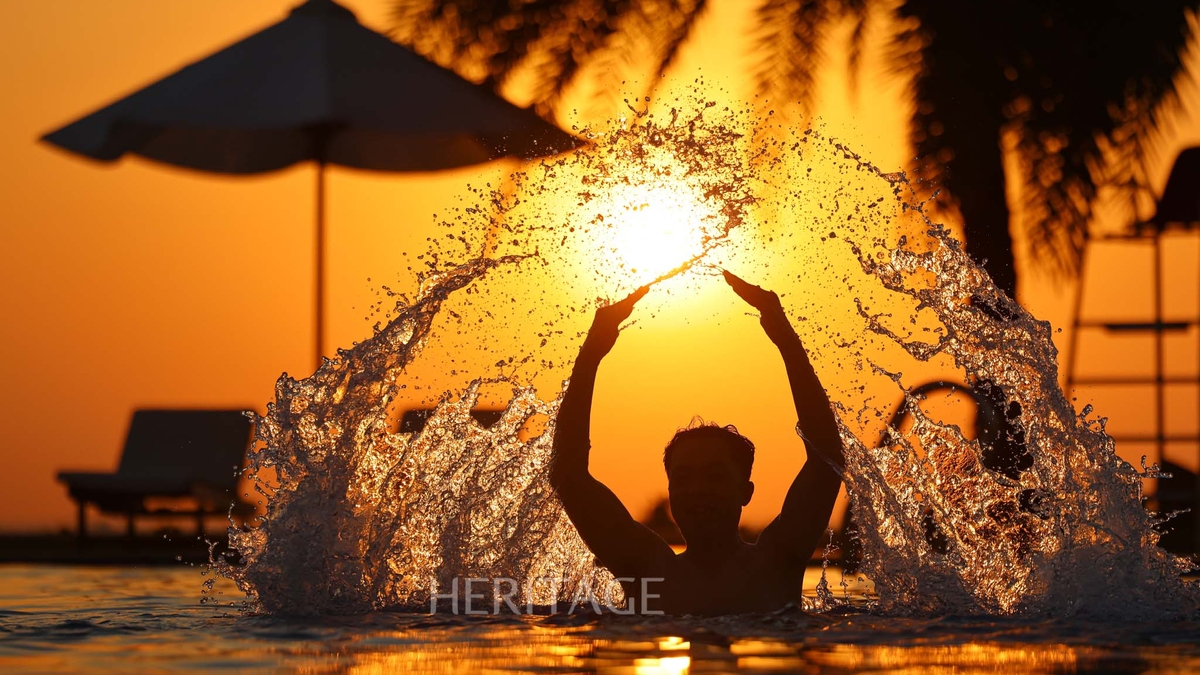
![[Photo] Award Ceremony of the Political Contest on Protecting the Party's Ideological Foundation](https://vphoto.vietnam.vn/thumb/1200x675/vietnam/resource/IMAGE/2025/10/22/1761151665557_giaia-jpg.webp)

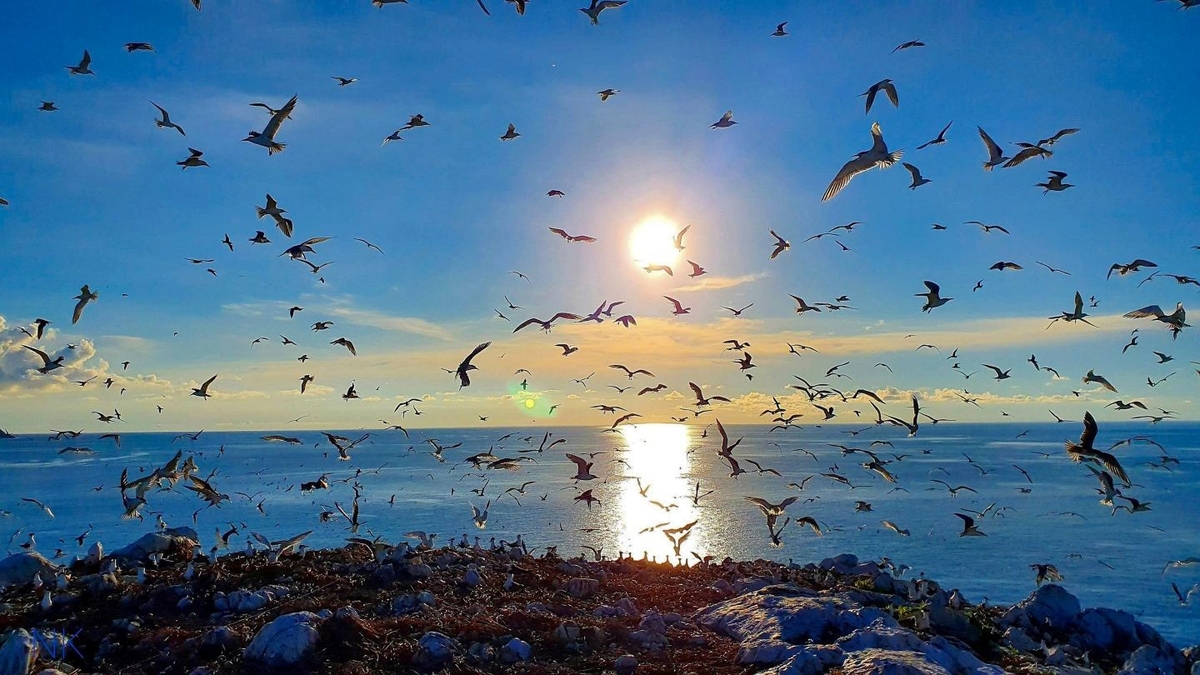
![[Photo] Da Nang: Shock forces protect people's lives and property from natural disasters](https://vphoto.vietnam.vn/thumb/1200x675/vietnam/resource/IMAGE/2025/10/22/1761145662726_ndo_tr_z7144555003331-7912dd3d47479764c3df11043a705f22-3095-jpg.webp)
![[Photo] Prime Minister Pham Minh Chinh chairs meeting on nuclear power plant construction](https://vphoto.vietnam.vn/thumb/1200x675/vietnam/resource/IMAGE/2025/10/22/1761137852450_dsc-9299-jpg.webp)




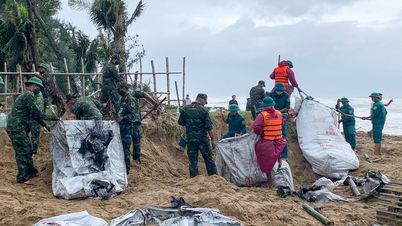

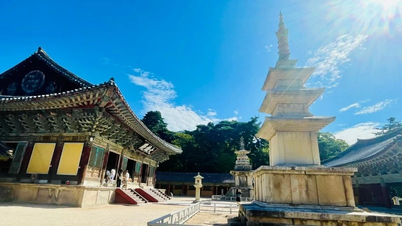
![[Infographic] Readers' Choice Awards honor countries with the world's leading cuisine](https://vphoto.vietnam.vn/thumb/402x226/vietnam/resource/IMAGE/2025/10/22/1761118048223_thiet-ke-chua-co-ten-40-png.webp)
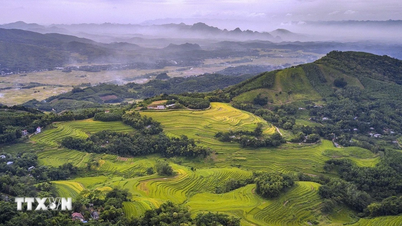


















































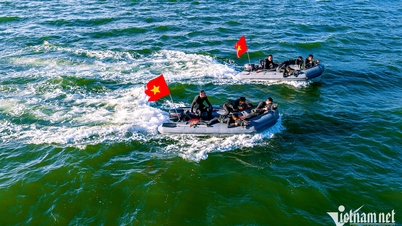
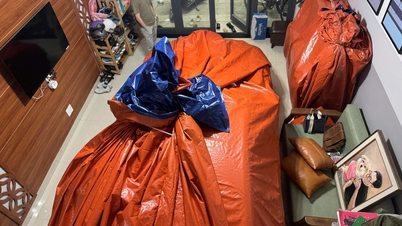
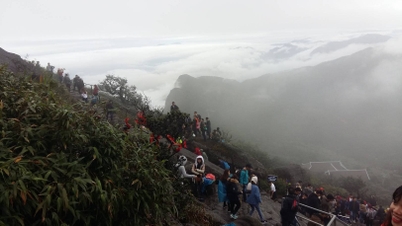



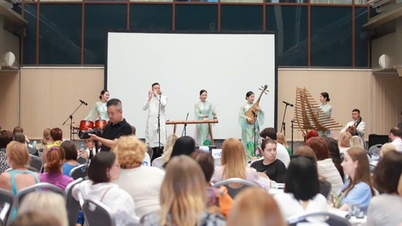
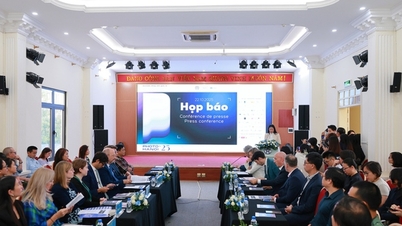

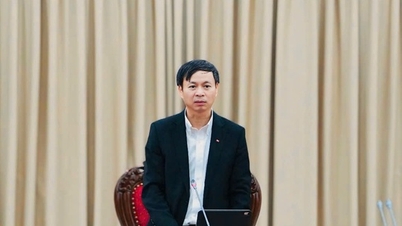

























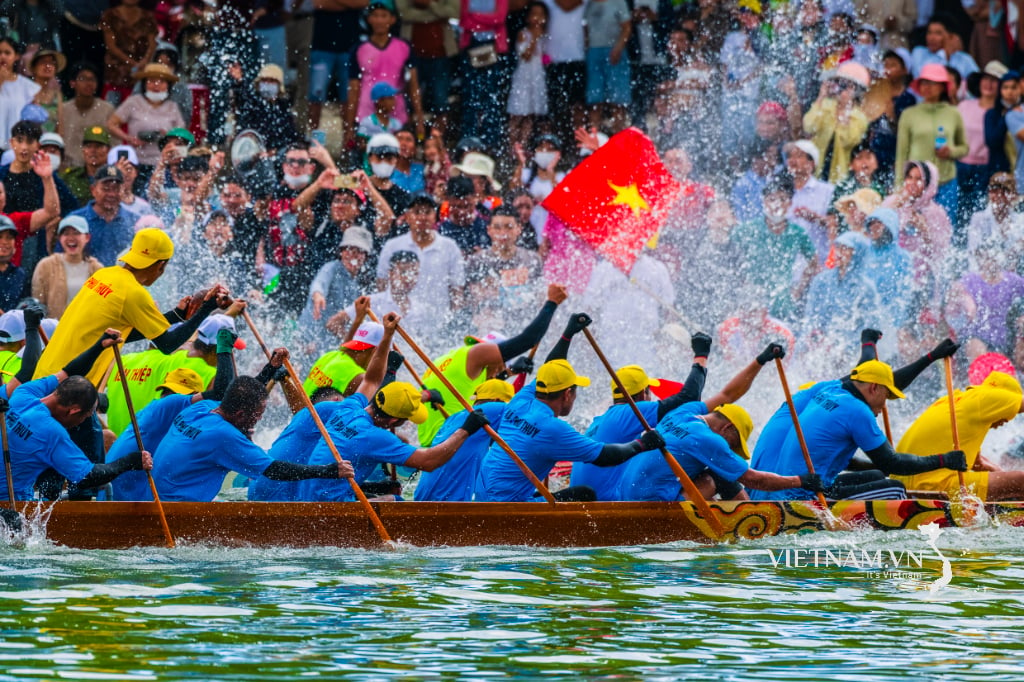
Comment (0)